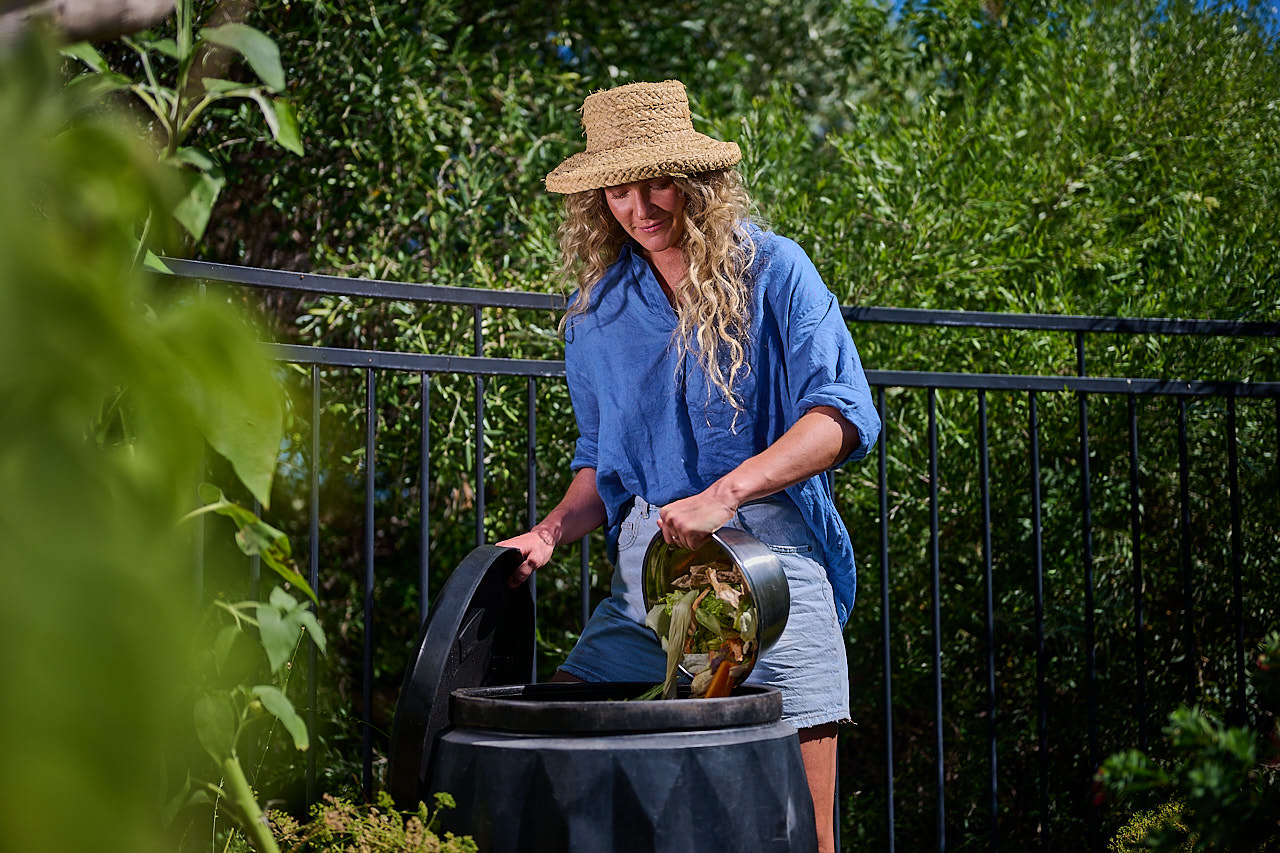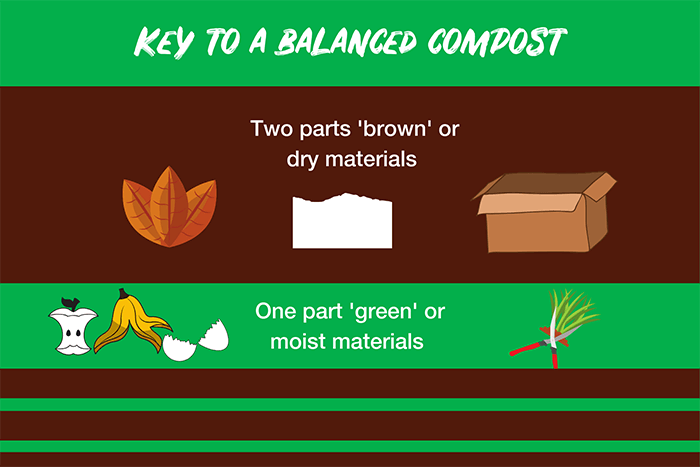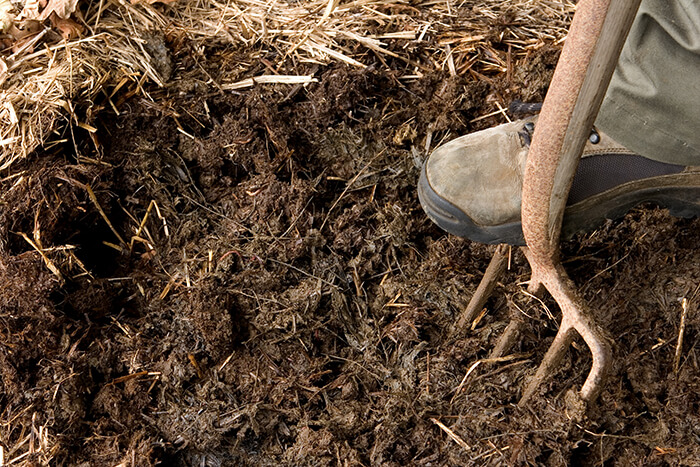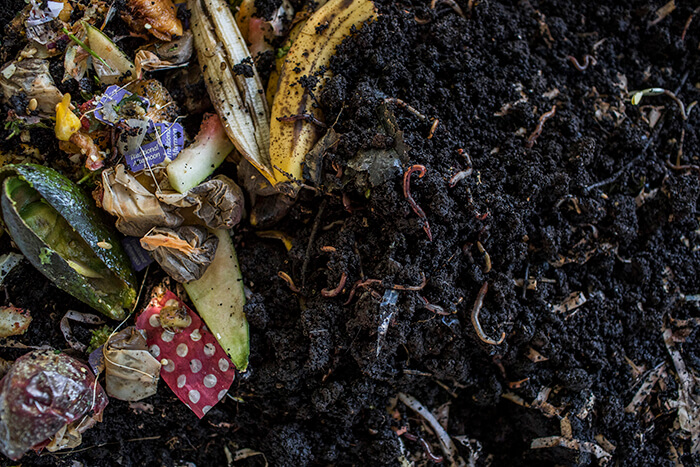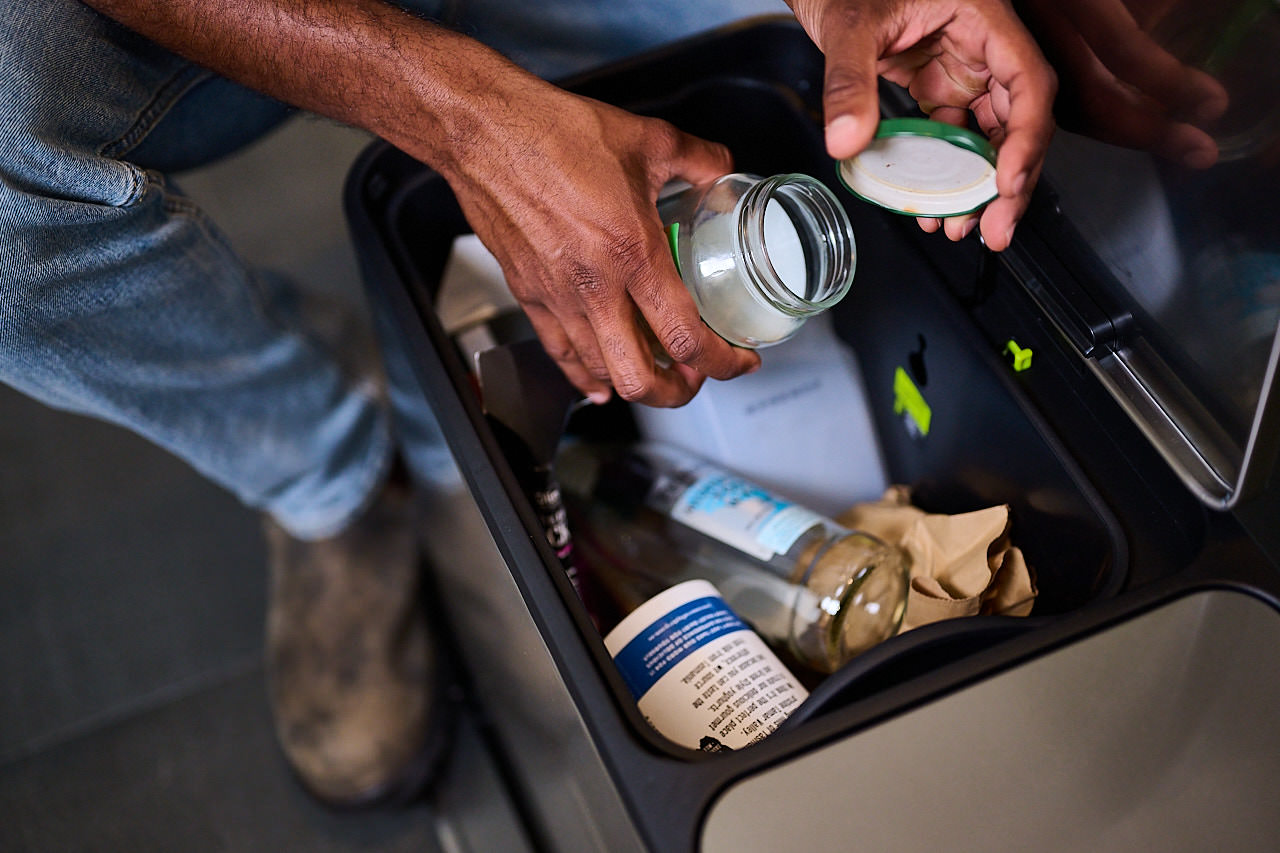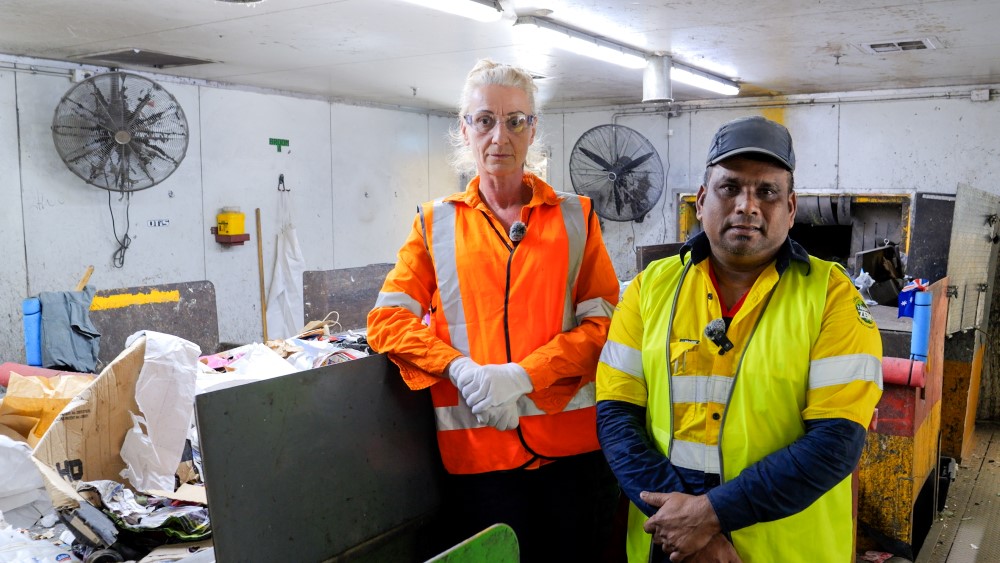Composting - what is it and how does it work?
Posted on: July 13, 2020
Composting is nature’s way of recycling – GREAT Sorts call it earth-cycling. It’s the process of turning natural scraps (think food scraps, leaves and paper) into nutrient-rich compost which will help your garden and soil thrive.
.jpg)
Why should I earth-cycle?
Great question. When organic food and garden waste is sent to landfill, it is buried and compressed. All the carbon, nutrients and other good stuff in the organic materials go to waste. Plus, without oxygen, as the material starts decomposing it produces methane gas – a greenhouse gas that’s widely regarded to have detrimental effects on our climate.
When you compost at home, you create the ideal conditions of the organic materials to break down and give back to the soil, just like nature intended. It’s a great zero waste (and once you’ve got it set up, zero cost) way to help your garden flourish as using it can improve soil structure, aeration and water retention.
Okay, I’m in. How do I start?
Firstly you need to choose the system which works best for you – traditional composting (read on), worm farming or bokashi.
There are a few different types of composting systems, including in-ground compost bins, rotary composter or the traditional compost heap. Compost bins or tumblers are easier to use for beginners. There are a lot of second hand options available, as well as options to make them by upcycling plastic barrels or old bins
You’ll also need to find the perfect space – this may also dictate what type of composting will work for you. Generally, you should have your compost system set up in a well-drained place which is easy to clean. It should also be easy to access, so it can become a part of your household’s routine.
The traditional composting process basics
ADAM is the key to a great compost – Aliveness, Diversity, Aeration and Moisture.
What if it's not quite working?
If your compost does start to smell, one common solution is to add more carbon – shredded paper, a bit of cardboard, even some soil will do the trick. This will help to get more air back into the mix, absorb extra moisture and eliminate smells.
There’s also compost activators you can add to help turn your grass, leaves and garden waste into the perfect compost in half the time, such as compost from an old heap or blood and bone. You’ll need to combine most of these activators with water before pouring it over your compost and away you go.
What do I need to keep out of a compost bin or heap?
The answer is that it depends what sort of composting process you use. Most of the time, if it was once alive, it can be composted, but you might just need to be careful about keeping it balanced.
And if you have a traditional-style compost bin or barrel, it’s best to avoid adding meat and dairy items as these can attract pests (although these can be placed in a bokashi bin, and then once the fermentation process is complete, these can then be added to your compost). It’s also good to make sure you don’t overload it with harder to compost items like citrus peel and onion skins.
It’s also not recommended to put animal waste in your general compost, however a dedicated dog waste worm farm is a great way to tackle this problem.
How long do I need to wait until my compost is ready?
You should let your compost settle for the first two weeks. After this, turn your compost heap weekly and it will take eight to 10 weeks to produce good compost.
You’ll know when it’s ready because the bottom of the compost pile will become dark, loose and crumbly. It will smell like fresh earth and you won’t be able to see any lumps or other food waste.
Keep this knowledge in your pocket!
Composting is like looking after an indoor plant – you’ll need to feed, water and check on it regularly to make sure its conditions are prime for composting. Eventually it will help to make your garden or space flourish!
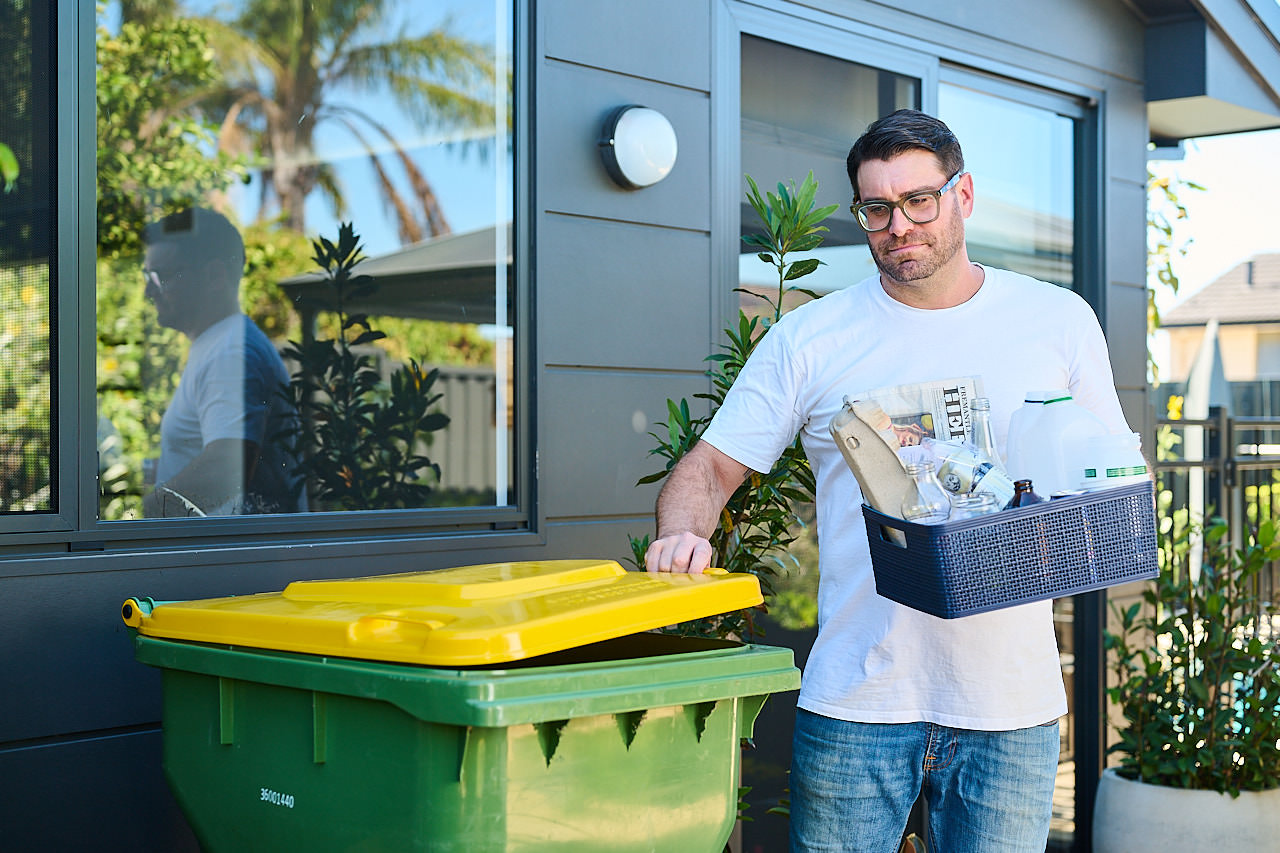
.jpg)
